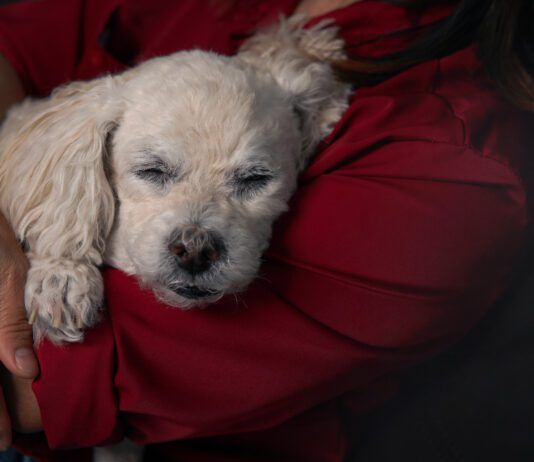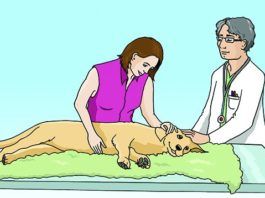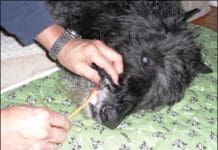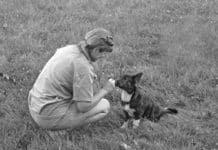The “Art” of Euthanasia
In more than 30 years as a veterinarian, I have heard of a number of accounts similar to Jill Breitner's pet euthanasia horror stories. In my career, though, I have dedicated my practice to using only low-stress techniques, especially at the end of life. This is the art of euthanasia.
Wrongful Pet Deaths and Empathy for Your Vet
When veterinarians make mistakes, it can cost dogs their lives. But rather than immediately calling a veterinary malpractice lawyer, realizing veterinarian errors, and thus wrongful pet deaths, happen because no one is perfect can make a world of difference in your grieving process. This article is for anyone whose dog died after surgery or under anesthesia.
A Study of Breed-Related Causes of Death in Dogs
A new 20-year retrospective study from the University of Georgia examined causes of death in dogs between 1984 and 2004. Researchers looked at records of 74,566 dogs from the Veterinary Medical Database, which includes data from 27 veterinary teaching hospitals. These results may be biased toward more severe, complicated, or unusual causes than the general dog population, but are fascinating nonetheless. The study grouped deaths by organ system and by disease category (“pathophysiological process”), and analyzed results based on age, breed, and average breed size. Eighty-two breeds with at least 100 representatives were included in breed-based analyses; mixed-breed dogs were considered as one group.
How to Prepare for a Dog’s Death
For many of us, the death of our dog will be the first time that we've experienced the loss of a loved one, human or otherwise. And even for those who have lost a relative, spouse, or close friend, dealing with the death of a beloved dog can be a whole new experience, unleashing a wave of emotions that just might sweep us off our feet. Although no amount of preparation can make the pain disappear, planning ahead for the loss of a pet can allow us to make better decisions and be ready with the right resources should we find ourselves on an emotional roller coaster.
Dog Hospice Care Options
When we first adopt that pudgy puppy, or spring that delinquent adolescent canine out of a shelter, our new dog's senior years and final days are far from our thoughts. But if we're lucky enough to enjoy a long life together, eventually, we'll spend a number of months or years caring for him as a senior dog - and sometimes, a challenging and emotionally difficult time seeing him through to a peaceful death. Fortunately, there are many resources available to help us support our beloved canine companions - even those who have been diagnosed with chronic or terminal illness - in maintaining the best possible quality of life before they die. Hospice care, or "pawspice," the term coined by Alice Villalobos, DVM, former President of the American Association of Human Animal Bond Veterinarians (AAHABV) and founding member of the Veterinary Cancer Society, is supportive assistance in evaluating and managing our pets' quality of life as they near the end of their days, a time period that can span from days to months.
Hospice Care and Veterinary-Assisted Death
Our culture’s ambivalence about death is no secret and no surprise. Leaving this mortal coil can be messy and exhausting, both physically and emotionally. So with our companion animals, we oftentimes beat death to the punch, scheduling it on our own terms by taking that teary-eyed ride to the vet’s office and saying a final goodbye on a tiled floor or steel table.
Moving On After Losing an Older Dog
The occasion of getting a new puppy or dog should be just as joyous as bringing a much-wanted and long-anticipated baby into the world. In the best of possible worlds, the dog's new family is welcoming, loving, and eager to learn as much as possible about and share as much as possible with the latest addition to the family. The transition almost always goes smoothly when the family is experienced with dogs, and already knows about providing healthful diets and gentle teaching for their canine companions.
How To Grieve For the Death of a Dog
As with the death of a relative or close friend, losing a dog can have long-lasting effect on the owner's lifestyle. For example, I am surprised to realize that I have not been cross-country skiing or running (both previously major activities) since the death of my first Malamute, Omaha Beagle, well over 10 years ago. Grieving is a painful, yet necessary process. At the time of the pet's death, owners may lose perspective, tending to focus on all the bad experiences associated with the last few days, weeks and sometimes months prior to the pet's demise.














